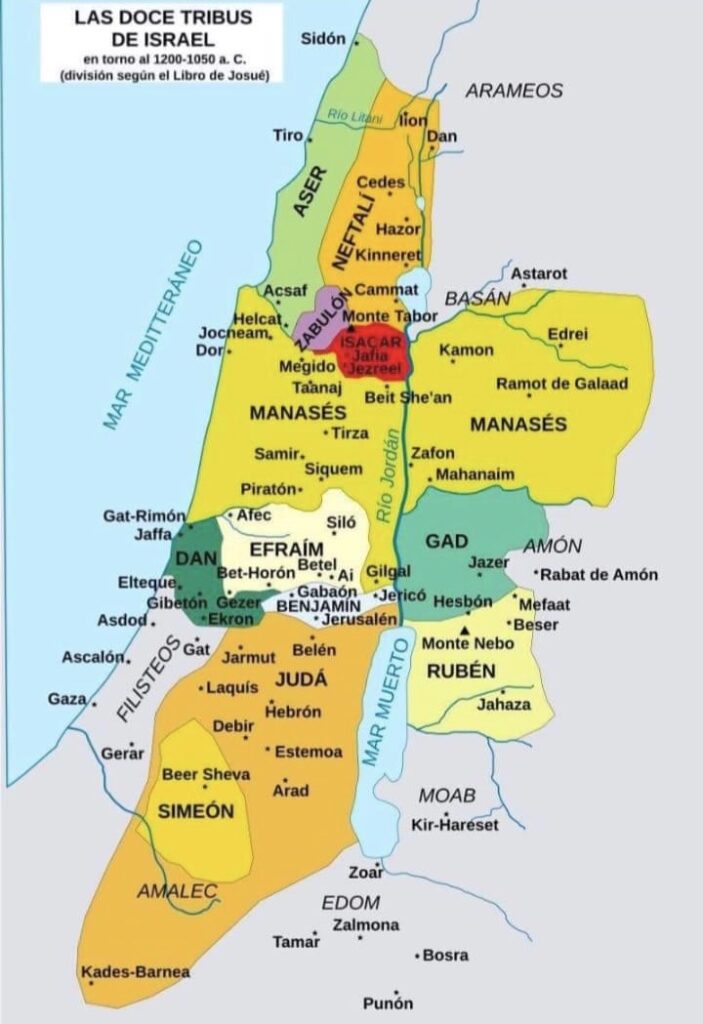
The Historical Tapestry of the 12 Tribes of Israel
The history of the 12 tribes of Israel is a narrative woven into the very fabric of ancient Near Eastern culture and religion. These tribes, stemming from the twelve sons of Jacob, whose name was later changed to Israel, represent a significant period in biblical history, long before the advent of Islam by Muhammad in the 7th century CE.

Origins and Settlement of the 12 Tribes
The biblical account details the 12 tribes of Israel as descendants of Israel’s twelve sons. Each tribe carried the name of a son and established itself in specific regions of the land that would later be known as Israel and Judah. This period, according to biblical chronology, is placed well over a millennium before the birth of Muhammad and the subsequent rise of Islam.
Cultural and Religious Significance
The tribes of Israel were central to the religious narrative found in the Hebrew Bible. They were a people chosen by God to uphold a covenant—a set of laws and guidelines that would define their identity and faith practices. The religious texts and artifacts from this era reflect a monotheistic belief system centered around Yahweh, distinct from the polytheistic cultures surrounding them.
Political Landscape and Kingdoms
During the time of the tribes, the political landscape was marked by a transition from a tribal confederation to a united monarchy under kings Saul, David, and Solomon. After Solomon’s reign, the kingdom split into two: the northern kingdom of Israel, comprising ten tribes, and the southern kingdom of Judah, consisting of the tribes of Judah and Benjamin.
Absence of Arab Identity and Palestine
In the historical context of the 12 tribes, there is no mention of an Arab identity or a nation called Palestine. The term “Palestine” itself is derived from “Philistia,” referring to the land of the Philistines, a people who lived along the coastal region during the time of the tribes. The Arab identity and the Islamic faith would emerge much later, with the life of Muhammad and the spread of Islam across the Arabian Peninsula.
Archaeological and Historical Records
Archaeological excavations and historical records from various civilizations of the time, such as the Egyptians, Assyrians, and Babylonians, provide external evidence of the presence of Israelite tribes. These records, while not always directly referencing the tribes, contribute to the broader understanding of the region’s history.
The historical narrative of the 12 tribes of Israel presents a tapestry rich with cultural, religious, and political threads that predate the rise of Islam by centuries. The story of these tribes is deeply embedded in the Judeo-Christian religious tradition and remains a subject of study for historians and archaeologists seeking to unravel the complex history of the ancient Near East.
As an Amazon Associate we earn from qualifying purchases through some links in our articles.



